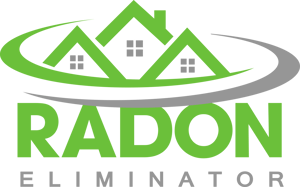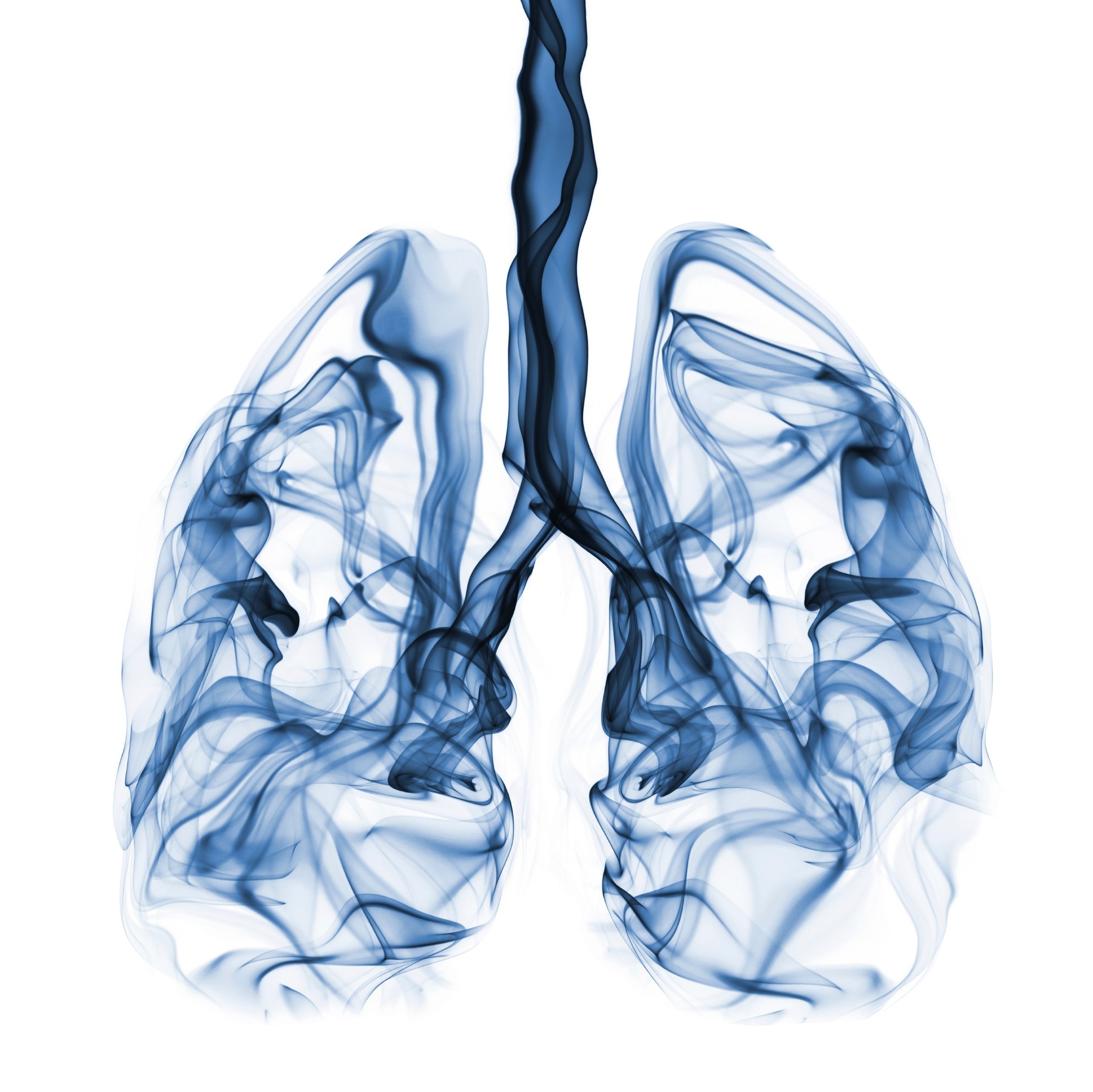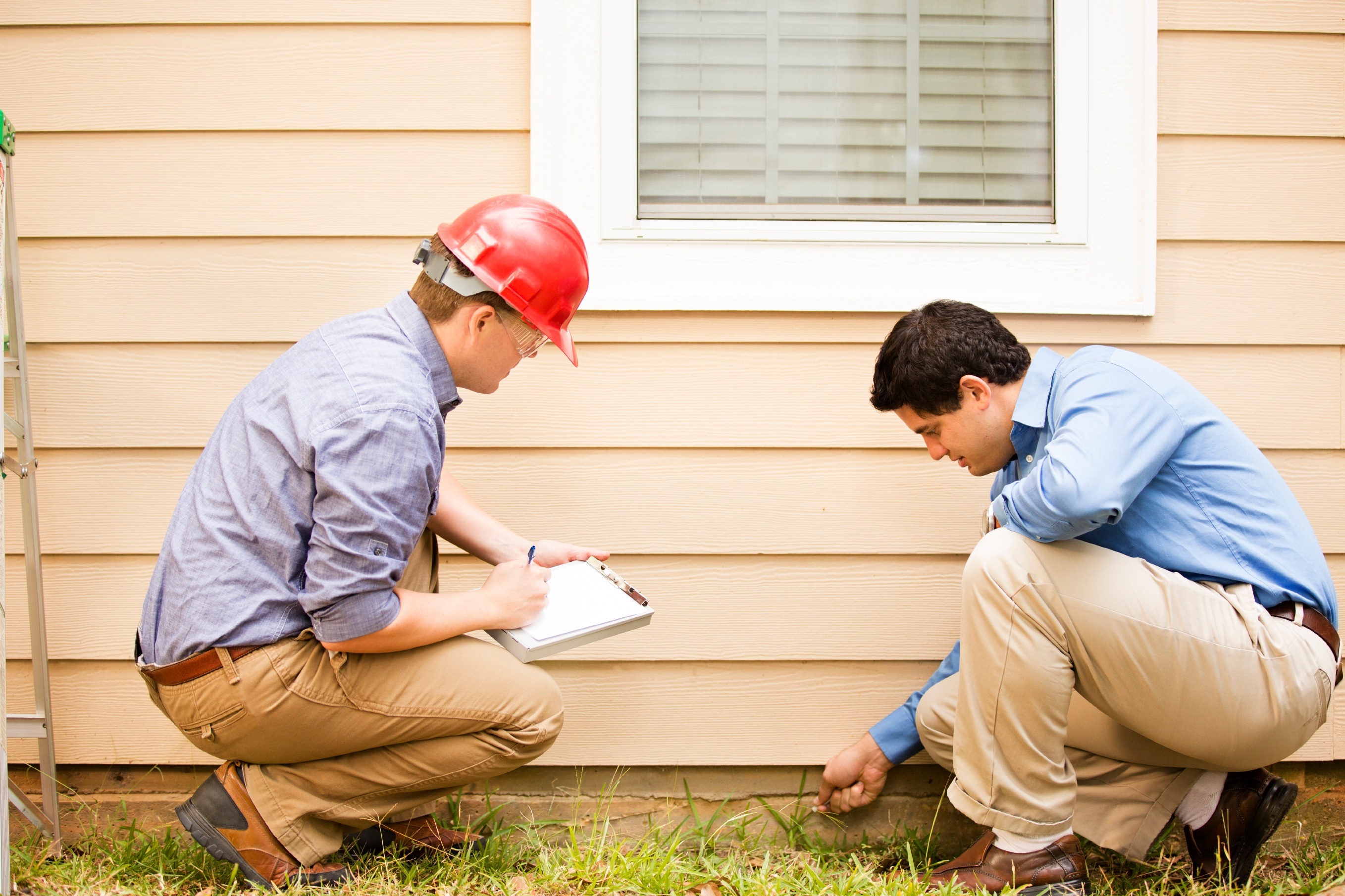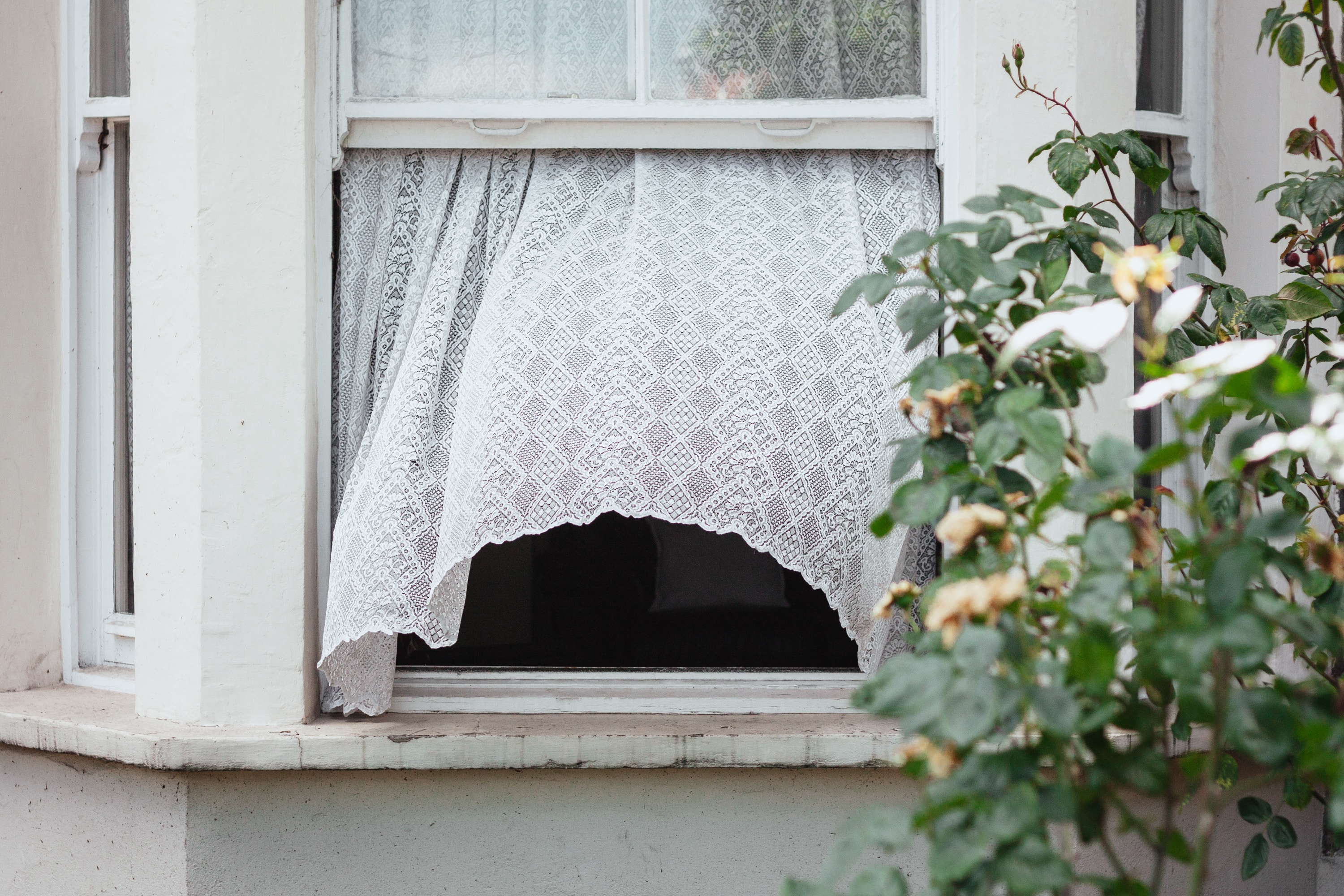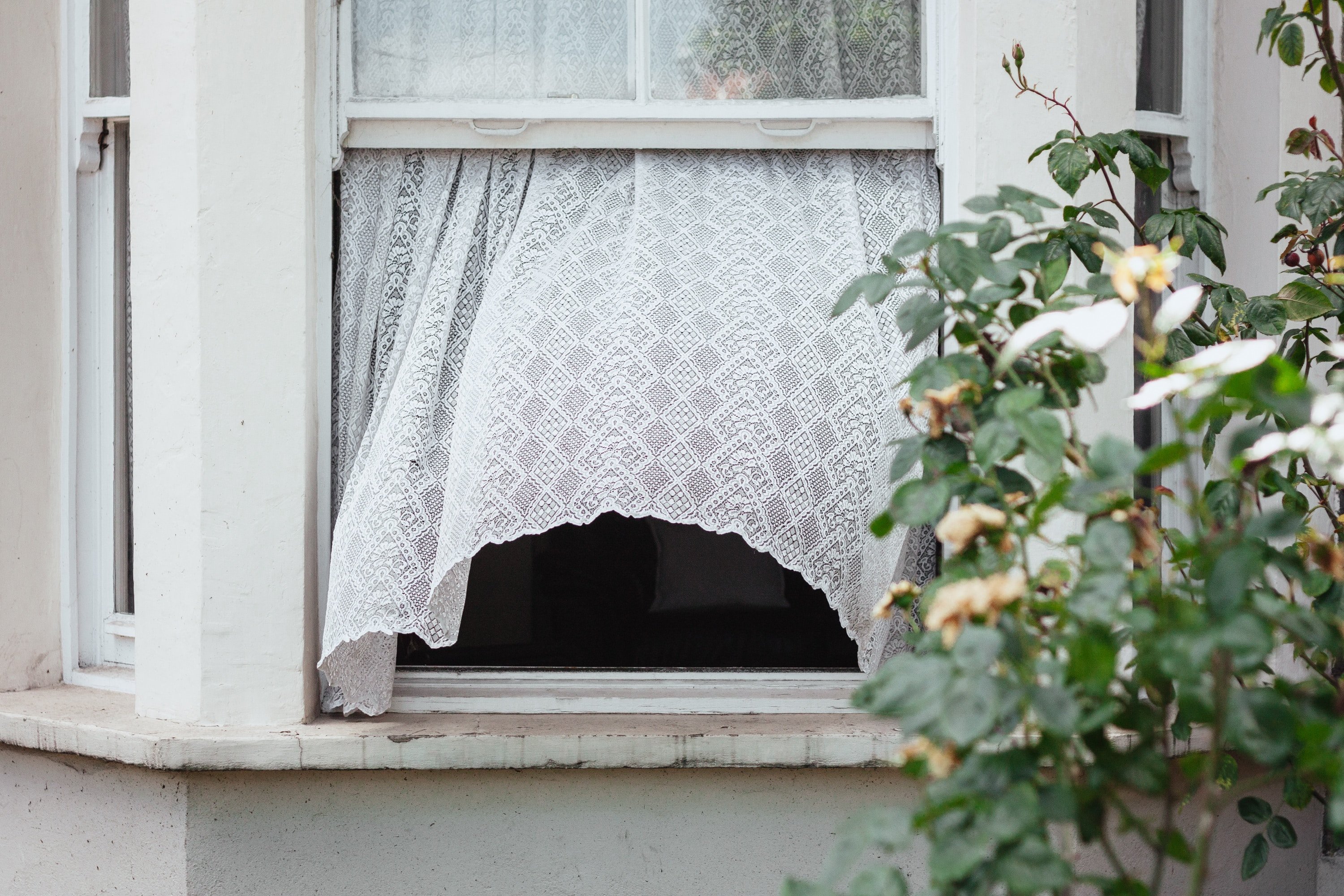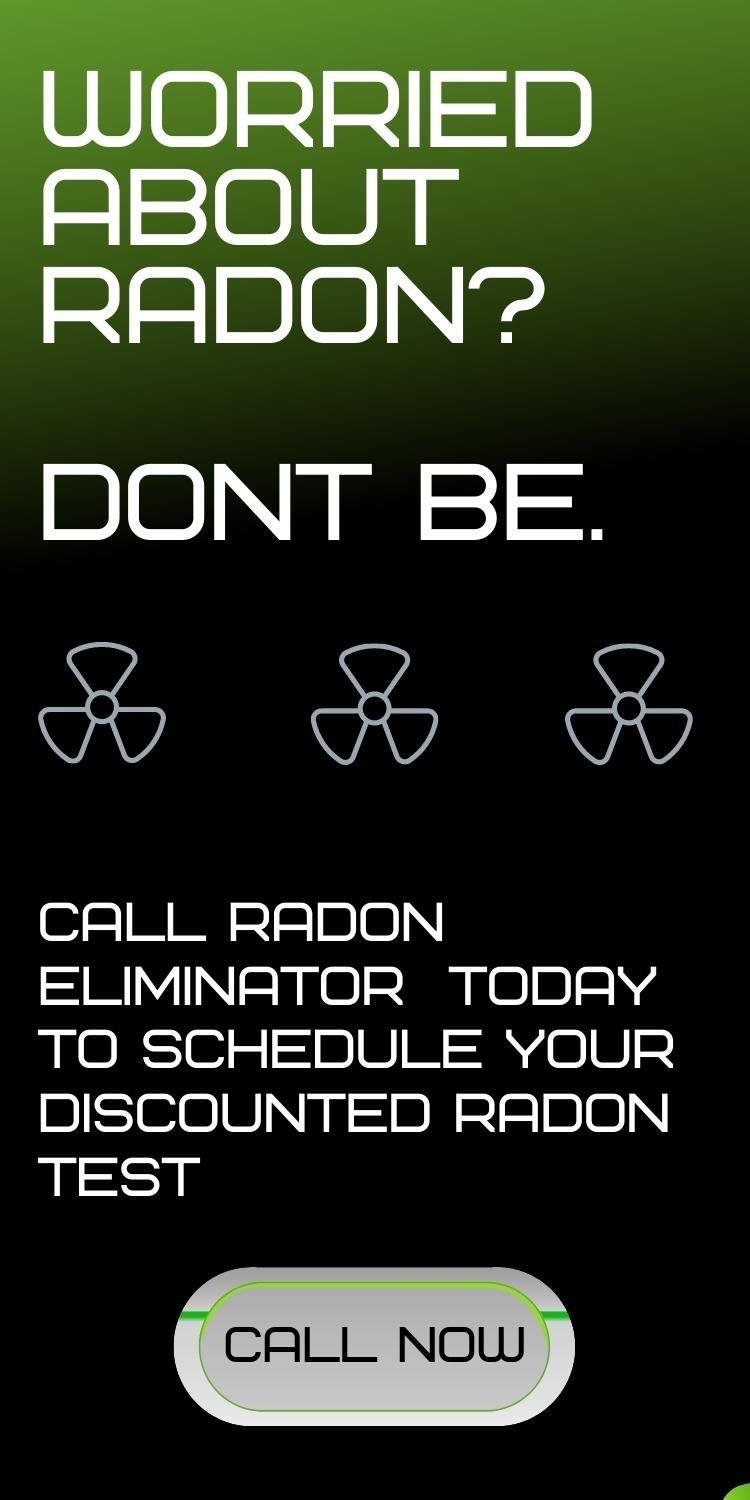Radon is an invisible, odorless, tasteless, and deadly gas.
More people die each year from radon poisoning than auto accidents, falls, and house fires combined.
So, do you need to worry about radon?
Yes, but you don't need to panic.
It's not fun to think about radon because it is a severe health problem that could require some substantial improvements to your home.
But, you do need to be aware of radon. If your home has elevated radon levels, it is pretty simple to reduce radon exposure in your home with a mitigation system.
The article below will discuss why you need to worry about radon and what you can do about it.
Table of Contents
- What Is Radon?
- What Are The Symptoms Of Radon Exposure In Your Home?
- Is It Common To Have Radon In Your Home?
- Is There A Safe Level Of Radon?
- You Can Fix Your Radon Problems
- Radon Eliminator
What is Radon?
Radon is a tasteless, odorless, and invisible gas made up of radioactive elements.
Radon is a naturally occurring radioactive gas produced by the breakdown of uranium in soil, rock, and water.
Radon exposure is the second leading cause of lung cancer in the United States, right behind smoking.
Radon-related lung cancer kills around 21,000 people each year, which is even more tragic when you consider that you can quickly remedy exposure to the gas.
The amount of work you need will depend on how much radon gas is in your home and what style of house you have, but overall it is pretty simple and affordable.
According to the EPA (Environmental Protection Agency), the threat of radon exists in every state.
Because the air pressure inside your home, school, or workplace is usually lower than the pressure in the soil around its foundation, radon enters into buildings like your home through cracks in the foundation, walls, and other openings.
What Are The Symptoms Of Radon Exposure In Your Home?
Since radon is colorless, tasteless, odorless, and invisible, it is impossible to tell if radon is in your home without air radon tests.
There are DIY tests available. However, for best results, you should work with a radon expert to have your home tested.
Radon testing specialists can test your home and help you lower your radon levels if elevated.
Possible symptoms of radon exposure and lung cancer are:
- shortness of breath (difficulty breathing)
- a new or worsening cough
- pain or tightness in the chest
- hoarseness
- trouble swallowing
If you're a smoker and there's an exposure chance to high levels of radon over a prolonged period, it's essential to quit smoking.
Is It Common To Have Radon In Your Home?
Estimations say that one out of about every fifteen homes in the United States has elevated radon levels.
That means that elevated levels of radon gas have been found in homes in your state and possibly your neighborhood.
Since it's so common to have elevated radon levels in your home, and radon exposure can result in severe health risks, it's essential to have your house tested as soon as possible.
Mitigation can fix homes with radon gas, but you need to take action as soon as possible.
Many people wonder if the seasons change radon levels. Read our blog post: "What Time of Year are Radon Levels the Highest?"
Is There A Safe Level Of Radon?
The only safe level of radon is zero.
Radon levels measure in picocuries per liter, or pCi/L.
Levels of 4 pCi/L or higher are considered hazardous to your health, and you need to take action against radon if your levels are higher than 4 pCi/L.
Still, radon levels less than four pCi/L can pose a risk and, in many cases, can be reduced, but it's harder to reduce levels below 2 pCi/L.
So, the lowest level you can get is the safest, but the EPA recommends reducing them to at least four pCi/L.
Think of it as being in a water balloon fight.
If one guy throws one water balloon at you, you have a better chance of dodging it.
But if 1,000 people throw a water balloon at you, you're going to get hit.
That's why the lower your levels are, the better, but you could still get hit no matter how low they are.
You Can Fix Your Radon Problems
The good news is that even though you can't stop radon from emerging out of the soil, a radon mitigation system can safely vent it from your home.
The average cost of a mitigation system is between $800 and $1,200, but it can be more or less depending on the size of your home.
Standard radon mitigation systems drill a gap underneath your home to trap the radon. Then a radon fan forces the radon out through a vent pipe over your home.
Using passive depressurization avoids using a fan by taking advantage of your home's naturally rising air to expel the harmful radon gas.
But passive systems aren't as effective as fan systems in homes with high levels of radon.
You can also help make your home radon-resistant by sealing it to minimize the chances of radon getting in, but this isn't as effective as a radon mitigation system.
A local radon expert can help you determine which system is right for you.
When choosing the radon testing specialists to work with, be sure to check for state licensing and local requirements.
If you have a mitigation system installed, be sure to schedule a follow-up radon test to verify that the radon has been removed or lowered.
Radon Eliminator
The team at Radon Eliminator in Ohio understands that radon is something to worry about and that radon poisoning poses severe health risks.
If you're worried your home might have elevated levels of radon, or you're worried you have symptoms of radon poisoning, you should have your home tested right away.
If your home has an elevated level of radon gas, you and your family could be at risk of developing lung cancer.
Radon Eliminator can test your home, and if your radon levels come back high, we can install a professional radon reduction system to lower the radon levels in your home.
To take action and get started with Radon Eliminator, click the button below for a discounted test.
